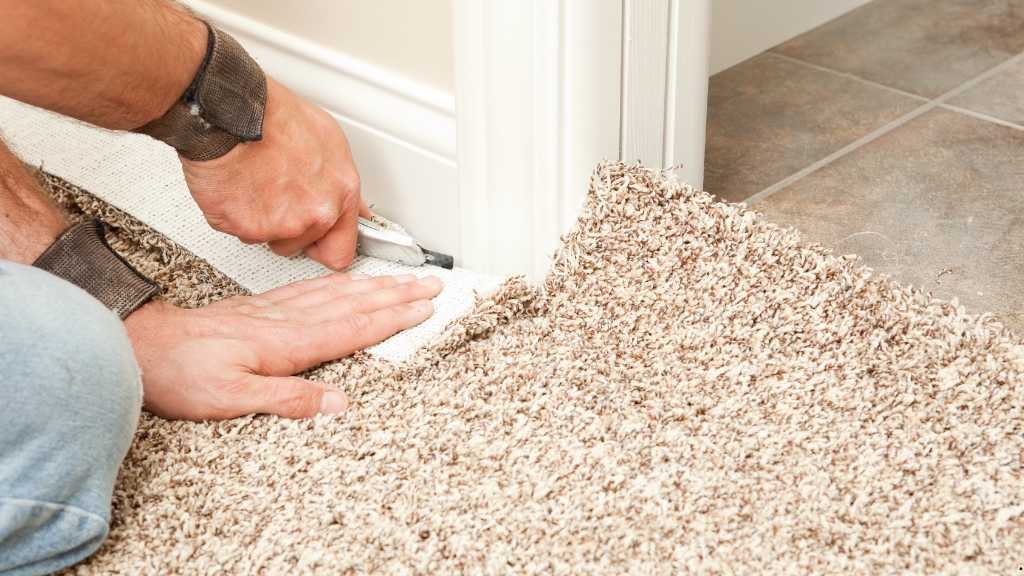Understanding House Edge: Smart Strategies for Choosing Casino Games

When diving into the world of gambling, understanding the house edge is crucial for making informed choices. The house edge represents the casino's built-in advantage over players, influencing your chances of winning. Grasping this concept can significantly impact your gaming experience and help you choose games that align with your strategy.
Understanding House Edge
The house edge represents the casino's built-in advantage in games, impacting players' probabilities of winning. Grasping this concept enables players to make more informed decisions.
Definition of House Edge
House edge refers to the statistical advantage that a casino maintains over players in games. It’s calculated as a percentage of each bet that the casino expects to keep as profit. For example, if the house edge is 5%, it means the casino anticipates retaining $5 for every $100 wagered over time. This percentage varies across different games, influencing player strategy and expected returns.
Importance of House Edge in Gambling
Understanding house edge is crucial for making smart gambling choices. A lower house edge typically correlates with better odds for players. By selecting games with a minimal house edge, I can enhance my chances of winning over the long term. For instance, blackjack often has a house edge around 1%, while slot machines can range from 2% to 15% or higher. Consequently, focusing on games with favorable house edges can improve overall gambling experiences and outcomes.
Different Types of Games
I’ll explore the various types of games available in casinos and betting venues, focusing on their house edges and strategic implications.
Casino Table Games
Casino table games, such as blackjack, roulette, and baccarat, often offer players advantageous odds. Blackjack features one of the lowest house edges, typically around 1%, especially with optimal strategy. Roulette’s house edge varies; for American roulette, it’s about 5.26%, while European roulette lowers it to approximately 2.7%. Baccarat stands at about 1.06% for the banker bet and 1.24% for the player bet. Understanding these statistics aids in making informed choices when selecting table games.
Slot Machines
Slot machines present a wide range of house edges, usually between 2% to 15% or higher. Each machine displays its return to player (RTP) percentage, indicating the expected payout over time. For instance, a slot with a 95% RTP translates to a 5% house edge. Due to their random nature, slots don't require strategic play; however, selecting machines with better RTPs enhances potential returns. Progressive jackpots may attract players, yet they typically come with higher house edges.
Sports Betting
Sports betting offers various lines, spreads, and odds that influence the house edge. The house edge in sports betting generally rounds around 10% for standard bets. Understanding the concept of vig or vigourish, which is the commission taken by bookmakers, clarifies the impact on potential payouts. Researching team statistics, player performance, and historical data improves bet accuracy, thus reducing the implicit house edge through informed betting choices.
Factors Influencing House Edge
Several factors significantly influence the house edge in casino games, shaping the potential returns for players. Understanding these can help me make smarter choices when gambling.
Game Rules and Variations
Game rules and their variations directly affect the house edge. For instance, blackjack offers different rule sets across casinos, and these rules can greatly influence my odds. A variation that allows doubling down after splitting can lower the house edge. Roulette also varies by type; European roulette has a single zero while American roulette includes an additional double zero, increasing the house edge from 2.7% to 5.26%. By choosing games with favorable rules, I can optimize my chances of winning.
Player Strategy
Player strategy plays a crucial role in determining the actual house edge I face. In games like blackjack, utilizing optimal strategies can reduce the house edge to about 0.5%. Conversely, poor strategy can increase the effective house edge significantly. In games of skill, like poker, my decisions directly impact outcomes. Learning basic strategies and adapting my approach can effectively counteract the inherent advantages of the house.
House Rules
House rules impact the overall play experience and can alter the house edge. For example, in baccarat, banks or player draws can change, affecting odds. Similarly, some casinos implement restrictions on certain bets or payouts, which might increase the house edge. Familiarizing myself with these rules ensures I understand how they might influence my gameplay and adjust my strategies accordingly.
Choosing Games Smartly
Selecting the right games significantly impacts your gambling experience and potential payouts. It's essential to evaluate game odds, manage your bankroll wisely, and recognize variance to make informed decisions.
Evaluating Game Odds
Evaluating game odds involves understanding the likelihood of winning in various games. I assess the house edge for each game type. For example, blackjack often has a house edge around 1%, making it favorable for players. Roulette has varying odds; European roulette sits at 2.7%, while American roulette increases to 5.26%. Baccarat offers a low edge of 1.06% for banker bets. Slot machines can range from 2% to over 15%. By knowing these odds, I choose games that align with my risk tolerance and strategy.
Tips for Managing Your Bankroll
Managing my bankroll effectively enhances my overall gaming strategy. I set a gambling budget to avoid overspending. Allocating a specific amount for each gaming session helps me stick to my limits. I also monitor my bets, adjusting them based on wins or losses. By incorporating these practices, I maintain control, ensuring I maximize my playing time and minimize losses.
Recognizing Variance in Games
Recognizing variance is crucial for understanding potential outcomes in games. I consider the volatility of each game, which affects my betting behavior and emotional response to wins and losses. High-variance games, like slots, can lead to significant swings in bankroll. In contrast, low-variance games, like blackjack, offer more consistent payouts. By aligning my expectations with the nature of the games, I can develop a balanced approach that accommodates both risk and reward.
Conclusion
Understanding the house edge is essential for any gambler looking to enhance their experience and improve their odds. By choosing games with a lower house edge I can significantly increase my chances of winning. It’s not just about luck; it’s about making informed decisions based on the statistics and rules of each game.
I’ve learned that evaluating game odds and managing my bankroll wisely are key components of a successful gambling strategy. Recognizing variance also plays a crucial role in how I approach different games. Armed with this knowledge I can make smarter choices and enjoy a more rewarding gambling experience.



